If you can’t make your own decisions


There might be a time when you can’t make your own decisions.
For example, some people who are very old can’t make decisions on their own anymore.
Or, sometimes people get very sick.

In case this happens, you can choose someone you trust to make decisions for you that you would agree with.
This person is called your guardian.
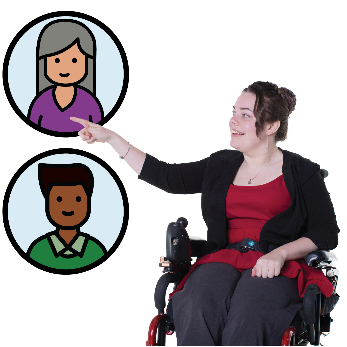
Your guardian can make decisions about things like:
what medical treatment you will have.

Your guardian can’t make decisions about your:
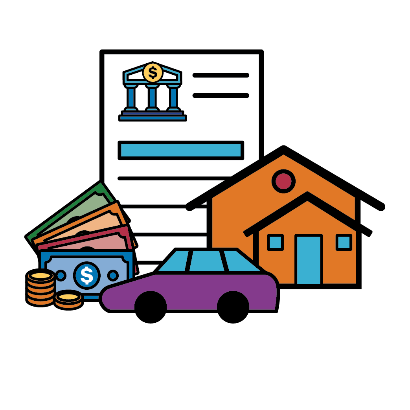
You can also make a Power of Attorney.
A Power of Attorney is a legal document you can use to choose someone to make decisions for you.
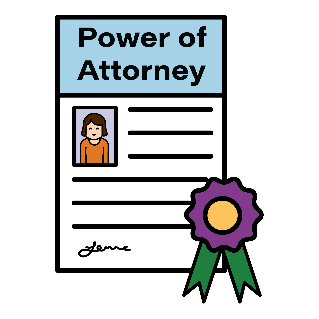
You can make:
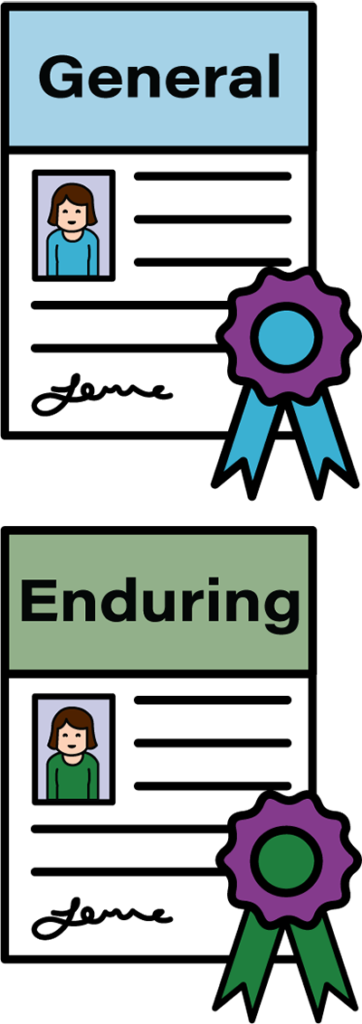
Choosing a guardian and making a Power of Attorney can be hard.

You can ask for help from a disability advocate.
An advocate is someone who helps you to speak up for yourself.
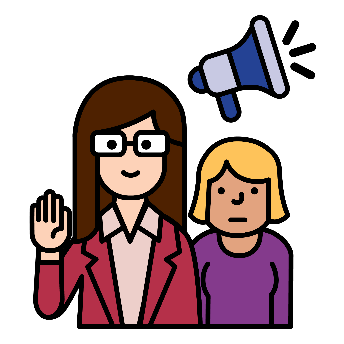
You can learn more about finding a disability advocate on the Australian Government Disability Advocacy Finder website.

Download the WWDA Easy English Book: Your Right to Make Choices to learn more about support with decisions.
